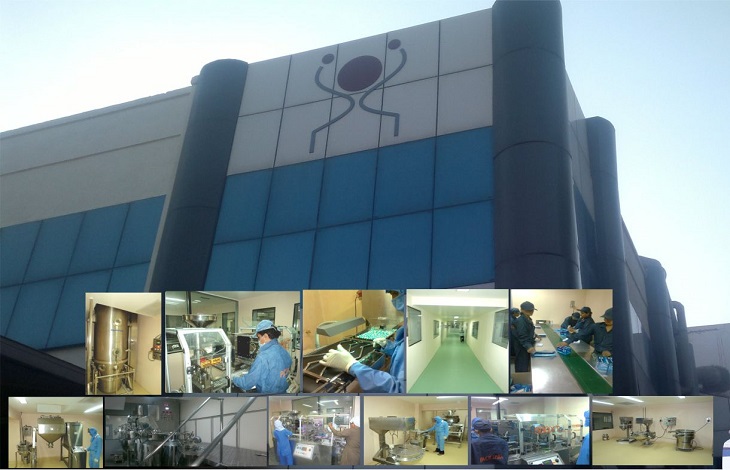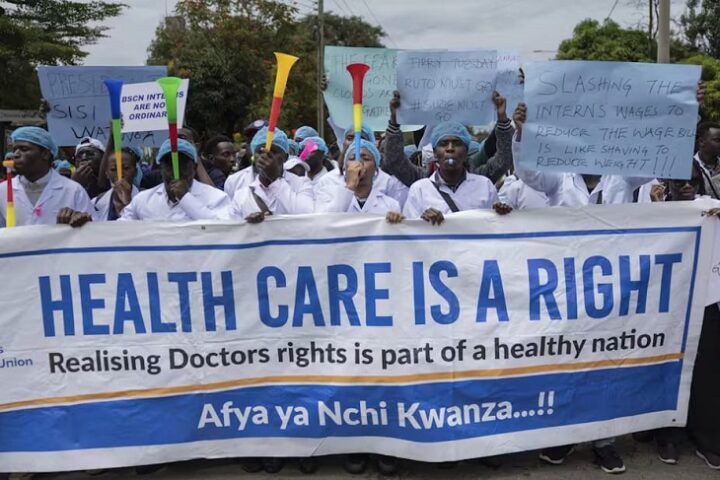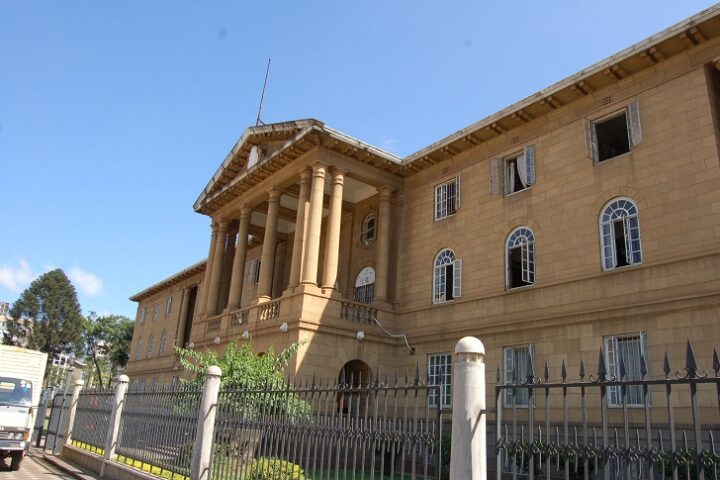Poetic justice played out in court when a pharmaceutical manufacturer, which had accused its former partner of selling counterfeit products, was exposed for filing documents that could not be authenticated.
Prism Life Sciences, an Indian-based drug manufacturer, had gone to court seeking to stop Galaxy Pharmaceuticals from selling a variety of drugs for treating diabetes, blood pressure, hypertension, and high cholesterol, arguing that the latter was selling copycat drugs.
The Poisons and Pharmacy Board (PPB), which was roped in to the case as the sector regulator, had earlier distanced itself from the case, stating that the dispute between Prism Life Sciences and Galaxy Pharmaceuticals was a purely commercial affair. But we will return to PPB’s role a bit later.
In a significant ruling on July 10, 2025, High Court Judge Peter M. Mulwa dismissed Prism Life Sciences’s case against Galaxy Pharmaceuticals and the PPB. The judge’s decision hinged on his finding that the plaintiff’s supporting affidavit was “incurably defective.”
Here is the irony: a drug maker sworn to uphold strict World Health Organization manufacturing standards ended up bungling its own case by filing defective documents. And these were not a few documents. Prism Life Sciences had filed a mountain of 258 documents.
Justice Mulwa noted that one of the decisions to strike out the case was that Prism Life Sciences’ documents lacked an apostille certificate. Now, this is very important.
An apostille is a certificate issued under the Hague Apostille Convention of 1961, verifying the authenticity of a public document for international use.
For example, if a Kenyan company were to do business in Germany, and its counterparts required certified bank accounts. The Kenyan company would need to go to the foreign ministry and have its documents certified and get an apostille certificate.
In this case, Prism Life Sciences needed its foreign ministry (in India) to authenticate its documents and have an apostille certificate issued.
In the absence of an apostille certificate, the supporting documents were at best pieces of paper. The lack of this authentication technically collapsed the case.
Justice Mulwa did not mince his words when he stated:
“It is trite law that affidavits are the primary vehicles through which evidence is presented in interlocutory applications.”
In short, he stated that since affidavits are the primary vehicle through which evidence is presented, without a valid affidavit, there is no case.
Furthermore, Prism Life Sciences was ordered to pay all the legal costs in the case. But was this a case where a legal team made schoolboy errors, or is it a reflection of a systematic malaise by the company?
In the next article, we will look at how Prism Life Sciences, once again, shot itself in the foot after it accused its partner of selling fake drugs.
Related Content: Prism Network Solutions Set To Officially Launch In Kenya













